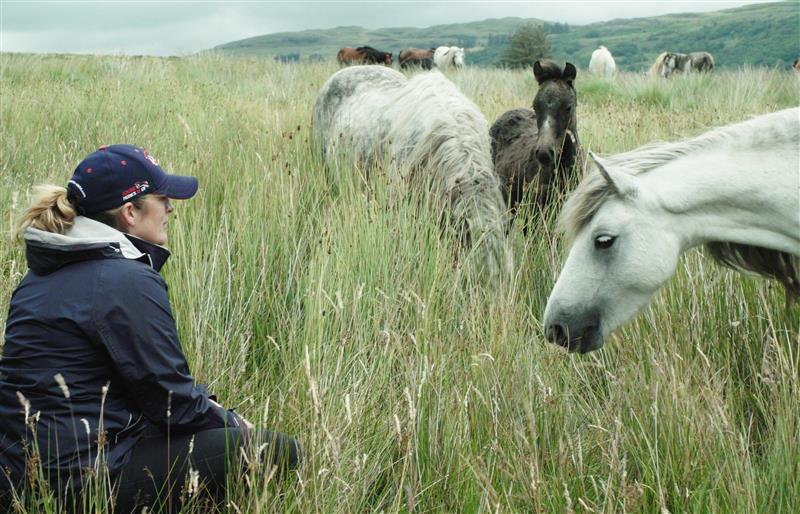Fireworks are generally used at times of celebration but for many horse owners it can be a worrying time.
Fireworks can cause stress and fear in all animals, and it is important that we try to minimise this as much as possible for our pets. Horses are flight animals and will generally try to remove themselves from a stressful or scary situation, which could result in injury if they attempt to jump a fence or climb over a stable door. However, there are some simple steps that you can take to help keep your horses safe.
In advance
Know the dates, times and locations of local fireworks events
Find out where the local displays are going to be, on what days and at what time. It’s not uncommon for people to use fireworks to mark other occasions such as New Year or a wedding, so keep an eye out for public notices of such events. Speak to neighbours to let them know that you have horses and need to prepare for any fireworks displays so they can let you know in advance if they are planning any. If any events are going to be held close by, consider bringing your horse into their stable during this time. However, if your horse is used to living out then they may be best kept in his normal field.
Download our poster to help raise awareness in your area.
Keep your horse in a routine
Don’t alter your horse’s routine on the day of a fireworks display as this in itself can be stressful. If you do plan to stable them during firework displays, and they are currently living out, then start bringing them in a week or so ahead of the display to get them used to it. You don’t have to keep them in for the entire night, just for a few hours covering either side of when the firework displays will be on. Set-up the stable exactly as you would on the night of the fireworks display, so if for example you plan to have the radio on, the top door of the stable shut and to give them a treat ball to keep them occupied then do this in the weeks leading up to the display too.
Fire safety
Although the likelihood of a rogue firework causing a stable fire is low, it is every owner’s worst nightmare and being prepared for the event of a stable fire could save lives. Make sure you have fire extinguishers, sand and water nearby in case of a fire around the stables. If you keep your horse at livery familiarise yourself with the fire drills – make sure you know where you should go with your horse – and encourage other liveries to do the same.
On the night
Remain calm
As an owner your mood and stress levels will have a direct impact on your horse, so it is important that you don’t get angry or upset in front of your horse if neighbours nearby have a display that you weren’t expecting. Try to remain calm and hopefully your horse will too. However, remember your own safety is paramount so do not try to handle your horse if they are acting in a dangerous or unpredictable manner. Limit the risks to them by ensuring there are no sharp or protruding objects near them but keep yourself at a safe distance and out of harm’s way.
Use distractions
Give your horse plenty of hay to keep them occupied, even if they are in a field. If stabled, put a radio on to mask the noise of the fireworks, but make sure that the radio is positioned safely so it cannot be accessed by the horse.
Check your horse regularly during the evening to make sure they are ok. If you can, it’s often a good idea to stay with them because your presence may have a calming effect. Make a night of it; you could bring a flask and picnic to the stables and do some of those jobs you keep putting off, like giving your tack a deep clean. If you are on a livery yard, encourage other owners to do the same.
The morning after
Check your horse for cuts or injuries
The day after a display it is important that you just carry on with your horse’s normal routine but do check your horse thoroughly for any cuts or injuries just in case they have over-reached or run into something.
Check your field for any stray fireworks which might have landed there
Fully inspect the entire field and water trough to make sure there is no debris left in the field which could injure your horse or wildlife or contaminate the area.
Read more
Popular advice in General advice

Buying or selling a horse: top tips
If you are thinking about buying or selling a horse here are some tips to help make sure everything goes well.

Responsible rehoming of horses
World Horse Welfare and other National Equine Welfare Council (NEWC) members have put together some advice for owners needing to rehome their own horses.
Other advice categories
All webinar categories:
Call our Advice Line
+44 (0)1953 497 238Not found the advice or answer you were looking for here? Then our Advice Line is available during office hours, or you can email us on [email protected] to let us know what topics you were looking for.


